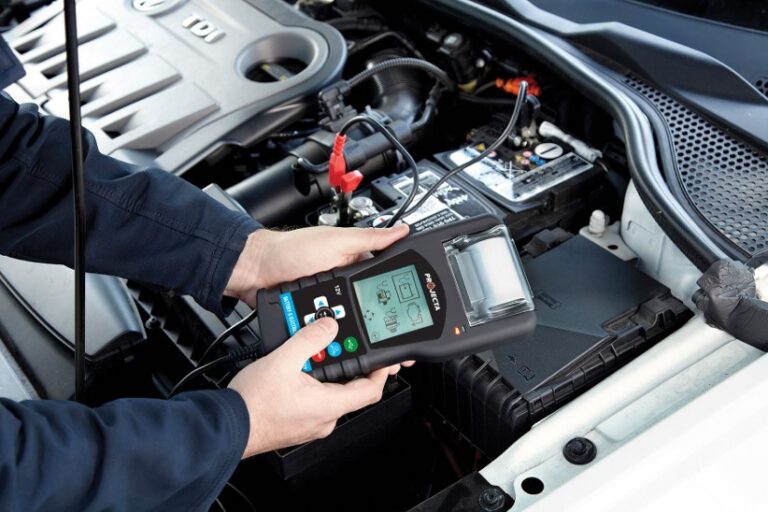Get ready for it! A tsunami of battery replacements is about to hit fleets as vehicles that have been idle due to COVID-19 restrictions start moving again in the colder weather.
Battery failures traditionally spike in the winter months due to the greater demands placed on them when starting cold engines. And like the battery in your mobile phone, car batteries do degrade over time. The typical failure period is in the third or fourth year of a vehicle’s life during the peak of winter (normally when the driver is trying to get an early start to beat the traffic).
Statistics from the NRMA over several years show that batteries are the cause of 25-30% of callouts which is three times more than any other category. This suggests people are ignoring this vital component because it’s not as visible as other maintenance items like tyres.
According to the Century Batteries website, batteries often fail when least expected. The usual warning is a slower than normal battery ability to crank the engine. Other less noticeable factors, such as changed driving patterns and colder/hotter weather will all have an effect on the life of a battery.
Chris Beattie, National Fleet Manager at Bob Jane T-Marts, says batteries are something most drivers don’t think about and normally last as long as the tyres on a car.
“Most vehicles get their tyres replaced after three years and this is about the same time as the vehicle’s battery can shows signs of fatigue. So checking it at the same time as getting the tyres changed makes sense to reduce the risk of a breakdown,” says Beattie.
According to Beattie some FMOs are already asking for battery reports on every vehicle and one major government fleet replaces all batteries at end-of-life if they fail a load test. And now is the busiest time for batteries at T-Marts.
“We see a 15% increase in replacements during winter for both fleet and retail customers. And most people are grateful that we caught it before it failed. The test only takes a few minutes and modern testers provide a printout as evidence of the battery’s condition so customers have peace of mind,” states Beattie.
To ensure good battery health the team at Bob Jane T-Marts recommend fleet managers advise drivers to take the following steps to help avoid encountering battery problems:
- Regularly start cars (once to twice a week) that have been sitting ilde and let the engine run for at least 15 minutes (stay in your car when you are doing this and the car must be outside).
- Start the car during the warmer part of the day rather than first thing in the morning to avoid placing the additional load on the battery.
- Regularly inspect battery terminals for signs of corrosion. Clean any corrosion and residue away from the terminals to allow a good clean connection with the battery.
- If a vehicle is going to remain unused for a long period, consider connecting it to a trickle charger which can be plugged into a power socket and keep your battery charge topped up.
- When your vehicles get to three years old make sure regular battery checks are part of the maintenance routine. And to avoid unnecessary downtime replace all batteries at five years.






